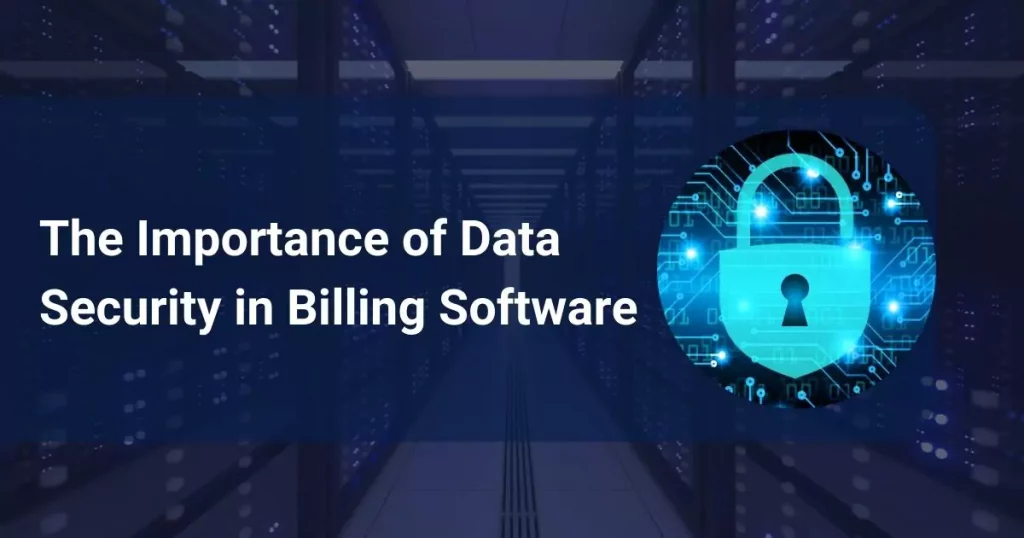In today’s digital world, billing software has become an essential tool for businesses of all sizes. Whether managing sales, invoices, or client information, this software handles a vast amount of sensitive data. However, with the growing reliance on digital transactions comes the urgent need for robust data security. Protecting financial and personal information is crucial, not only for maintaining trust but also for complying with regulatory standards. This blog will explore why data security in billing software is so critical and outline key measures to keep your data safe.
1. Protecting Sensitive Financial Data
Billing software processes highly sensitive information such as payment details, customer data, and financial transactions. A security breach can expose this data to cybercriminals, resulting in identity theft, unauthorized transactions, or financial fraud. Securing this data is fundamental to safeguarding your clients’ financial well-being and preserving your business’s reputation.
2. Maintaining Customer Trust
Customers trust businesses to handle their data responsibly and securely. A single security breach can significantly damage this trust, which can be difficult to rebuild. Implementing strong data security practices in billing software is vital for demonstrating a commitment to protecting customer information, fostering loyalty, and enhancing your brand’s reputation.
3. Ensuring Compliance with Legal Standards
Data security in billing software is also a legal requirement. Regulations such as the GDPR (General Data Protection Regulation) and PCI-DSS (Payment Card Industry Data Security Standard) establish strict guidelines for data protection. Non-compliance can lead to legal consequences, including hefty fines and operational restrictions. Ensuring that your billing software complies with these standards helps businesses avoid penalties while reinforcing their overall data security framework.
4. Reducing the Risk of Financial Loss
Cyberattacks can result in significant financial losses through stolen funds, lost sales, and the costs of mitigating breaches. Securing billing software against these threats minimizes the likelihood of such incidents, protecting your bottom line and enabling smooth business operations.
5. Boosting Operational Efficiency
Robust security features in billing software allow businesses to operate confidently. Enhanced security reduces the need for constant vigilance against threats, freeing up resources to focus on growth and innovation. This proactive approach streamlines operations and minimizes downtime caused by security incidents.
Key Security Features in Billing Software
To effectively protect billing data, it’s essential to choose software equipped with advanced security features:
- End-to-End Data Encryption: Ensures that sensitive data is stored in a secure, encrypted format, making it unreadable to unauthorized users.
- Two-Factor Authentication (2FA): Adds an extra layer of security by requiring users to verify their identity through multiple methods.
- Role-Based Access Control (RBAC): Limits access to sensitive data, ensuring that only authorized personnel can view or modify it.
- Regular Security Updates: Keeps the software up to date to prevent exploitation of known vulnerabilities, ensuring continued data protection.
- Audit Trails: Tracks changes within the software, enabling businesses to quickly detect and respond to suspicious activity.
Conclusion
The importance of data security in billing software cannot be overstated. By prioritizing security, businesses protect their customers and themselves while building a foundation of trust, compliance, and operational efficiency. Investing in secure billing software is essential to maintaining a safe digital environment, fostering business growth, and safeguarding valuable assets.

